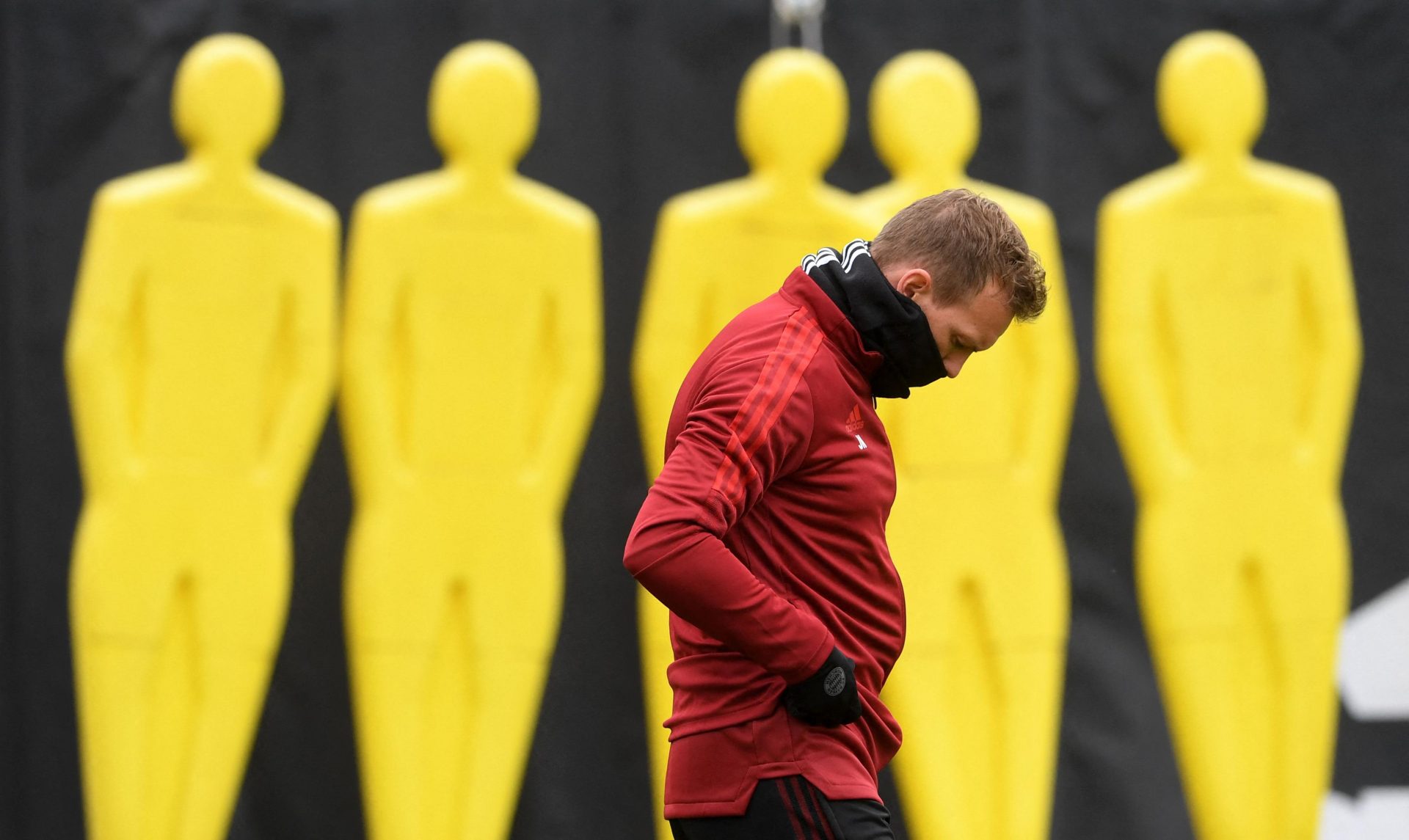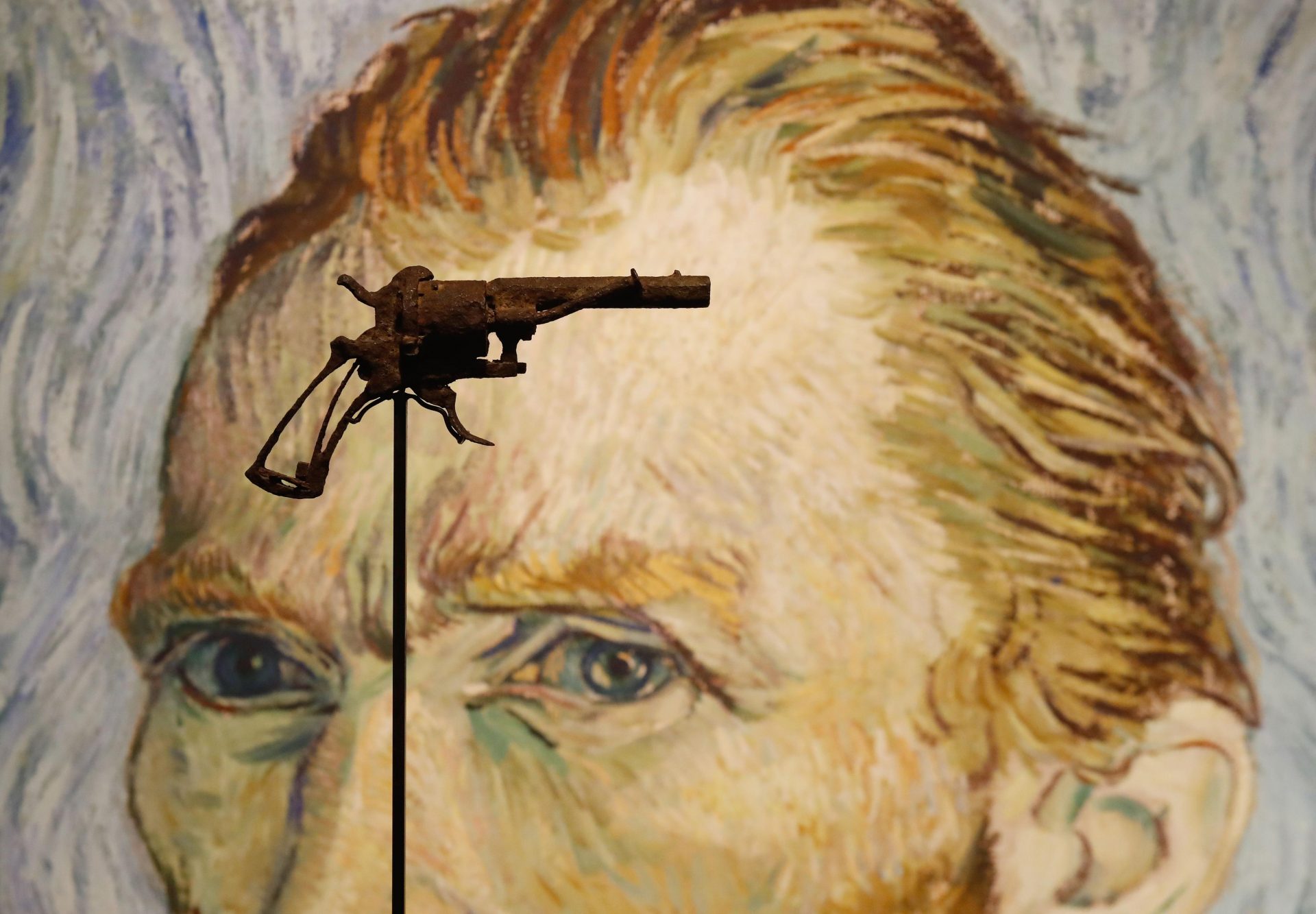Julian Nagelsmann probably does not know that the advice “If you can’t stand the heat get out of the kitchen” was attributed to Harry S. Truman during World War II. But Nagelsmann, the youngest top-flight manager in European football since Brian Clough, has been directing operations literally from his own kitchen in Bavaria this month.
Nagelsmann was flown home by air ambulance after testing positive for Covid-19 in Portugal on October 20. His FC Bayern München barely missed a beat in that week. They won 5-1 in Leverkusen, 4-0 in Lisbon against Benfica, and 4-0 at home against 1899 Hoffenheim, the club that kicked off Nagelsmann’s managerial career at the age of 28 in October 2015.
Rescuing a former village club from relegation fast-tracked Nagelsmann via Red Bull Leipzig to the powerhouse Bayern Munich where the now 34-year-old head coach is in charge of world-renowned winners such as Manuel Neuer, Thomas Müller and Robert Lewandowski who are either his age, or a little older.
There has been no Oktoberfest this year because of the pandemic. No Fußball crowds either until this month at the Allianz Arena. But in that vast bowl, even in a ghostly atmosphere in a stadium built for 75,000 spectators, Germany’s omnipotent club side was expected to win whoever was on the touchline.
The team seamlessly moved on from Hansi Flick, who left to become the national team boss this summer… until the first game this month, when Eintracht Frankfurt punctured Bayern’s 30-match home run by winning there 2-1.
It was a win against the odds, against the flow of the game, against the statistics. Good for Frankfurt, good for the game. And something for the new coach to address. At the next opportunity, following another national team break in the season, Bayern scored five in Leverkusen. Then four in Lisbon despite the coach being removed from the dugout. Then another four against Hoffenheim.
By that time, Nagelsmann, with his university education and perhaps the kind of technology pioneered by his first employer, the Hoffenheim club owner and software billionaire engineer Dietmar Hopp, had converted the kitchen of his home into a two-way instant analysis centre from which he could instruct his assistants on the ground.
Nagelsmann and Munich are trouncing German and – so far – their Champions League rivals in the manner that FC Bayern expects. Their purse is mighty, their desire runs deep, and be in no doubt that they intend to give the oil-state big clubs of Manchester and Paris a hell of a challenge in Europe.
These are largely the same Bayern players who turned against Carlo Ancelotti, one of the most respected managers in the modern game, when he succeeded (or attempted to) Pep Guardiola in Munich. Thomas Müller was one of that team who complained to management that the Italian’s laid-back training regimen was no better than their kids had at youth camp.
King Carlo had to go, though he is not doing badly at Real Madrid these days. The word from Bayern’s training camp, as told by Lewandowski and others, is that Nagelsmann communicated from day one what he expected, and what is expected of them in return.
I mentioned Brian Clough because, while Nagelsmann is by no means as brash (indeed the German is media resistant rather than media-shy), there are comparisons.
Clough put family values high on his list, famously insisting on meeting Helen Francis before he broke the million-pound transfer fee to take her husband Trevor from Birmingham City to Nottingham Forest.
And Clough, like Nagelsmann, became a manager to re-channel the heartbreak of losing his playing career to a knee injury. A third manager doing exactly that is Thomas Tuchel. Now the Chelsea coach, Tuchel had also had his time as a player cut short by injury. And Tuchel gave Naglesmann his first scouting job, then nudged him towards coaching when his playing days ended.
The Germans have a coaching academy, now at Hennef in the forest near Bonn but since 1947 in Cologne, that pushes aspiring managers through more rigorous training and man-management processes than most of Europe. Its licence is a prerequisite for the Bundesliga, and translates rather well abroad if Jürgen Klopp and Tuchel are anything to go by.
Not only did Nagelsmann go in at the deep end with his sudden promotion as the 28-year-old rookie coach at Hoffenheim, he also had an earlier induction to manning up.
He was just 20 when his playing career was aborted, living at home in southern Bavaria, when his father, Erwin, died after a short illness at the age of 56.
Mourning a lost football career paled against mourning a father, and helping his mother sell the house and the car and deal with probate.
Nagelsmann studied first business, then sports science while accepting responsibilities beyond his years. When Hoffenheim’s head coach suffered heart disease and retired in mid-season, Nagelsmann stepped up with the attitude that it was no use defending, his team had to attack their way out of trouble.
The goalkeeper had called him “Mini Mourinho” but as Naglesmann himself observed there was very little comparison in the way they managed.
For Mourinho’s caution, read Nagelsmann’s attacking principles. And, again, read Clough’s philosophy of getting inside players, urging them not to waste a moment of their gifted opportunity.
Managing the minds rather than just the bodies or the bank balances.




